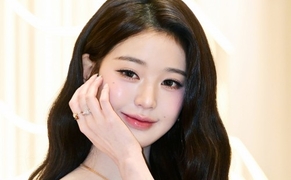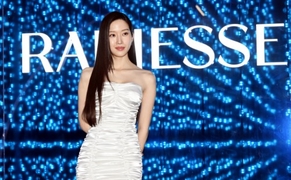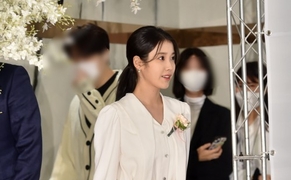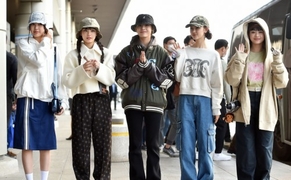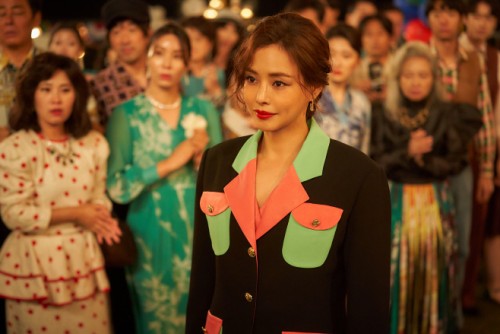 |
| Lee Ha-nee plays the role of Hee-ran in Netflix’s original series “Aema.” / Courtesy of Netflix |
“I no longer want to stop for myself, but to help the next generation live in a better world.”
Actress Lee Ha-nee shared her reflections on her new role in Netflix’s original series Aema during a recent virtual interview. The drama revisits the birth of erotic films that swept South Korea in the 1980s, telling the story of top star Hee-ran and rookie actress Joo-ae as they confront the harsh realities behind the glittering spotlight.
Lee, who plays Hee-ran, immersed herself fully in the role, drawing inspiration from her mother and aunt’s styles for the character’s hair and costumes. She described the project as deeply personal: “When I take on a work, I live with it for one to three years, so the point of connection matters. As both an actress with 25 years of experience and as a woman, Aema was a truly welcome project.”
Much of her confidence came from director Lee Hae-young, whom she praised as a “master craftsman” with an almost obsessive attention to detail. “He makes bold yet meticulous choices. For actors, it feels like leaping off a cliff, but he’s someone you can trust to follow.”
Lee emphasized that Aema is not just a period piece. “Even within the glamour of the 1980s, there was violence, oppression, and resistance. The show reminds us that injustices still exist today, and we each need to fight from where we stand.”
Although she had never seen the original Madame Aema series when it was released, Lee studied the films and practiced the “play-within-a-play” tone to better embody the character. The role of Hee-ran left a deep mark on her. “There’s a scene where she tells the director, ‘I can do it well.’ It was heartbreaking because I also act with the same desperation, thinking this could be my last chance.”
She interpreted Hee-ran as a symbolic figure: “She already had everything but broke her silence to declare resistance. She felt like an independence fighter of her era. I also try to speak up against unfairness whenever I can.”
The stories she heard from real film industry veterans during production resonated with her, often making her question what choices she herself would have made as an actress in that era. “Even now, when I can’t agree with a role, I sometimes say, ‘Please let me know when you’re ready, director.’ I wonder—if I had been an actress in that time, could I have made the same choices?”
Lee, who recently gave birth to her second daughter, said motherhood has deepened her sense of solidarity with other women. “Filming right before giving birth made the themes strike even harder. Being an actress is like constantly facing waves you can’t avoid. It’s about how you accept and ride them. Now, as a mother, I feel women’s solidarity even more strongly.”
Most Read
-
1
-
2
-
3
-
4
-
5
-
6
-
7

















